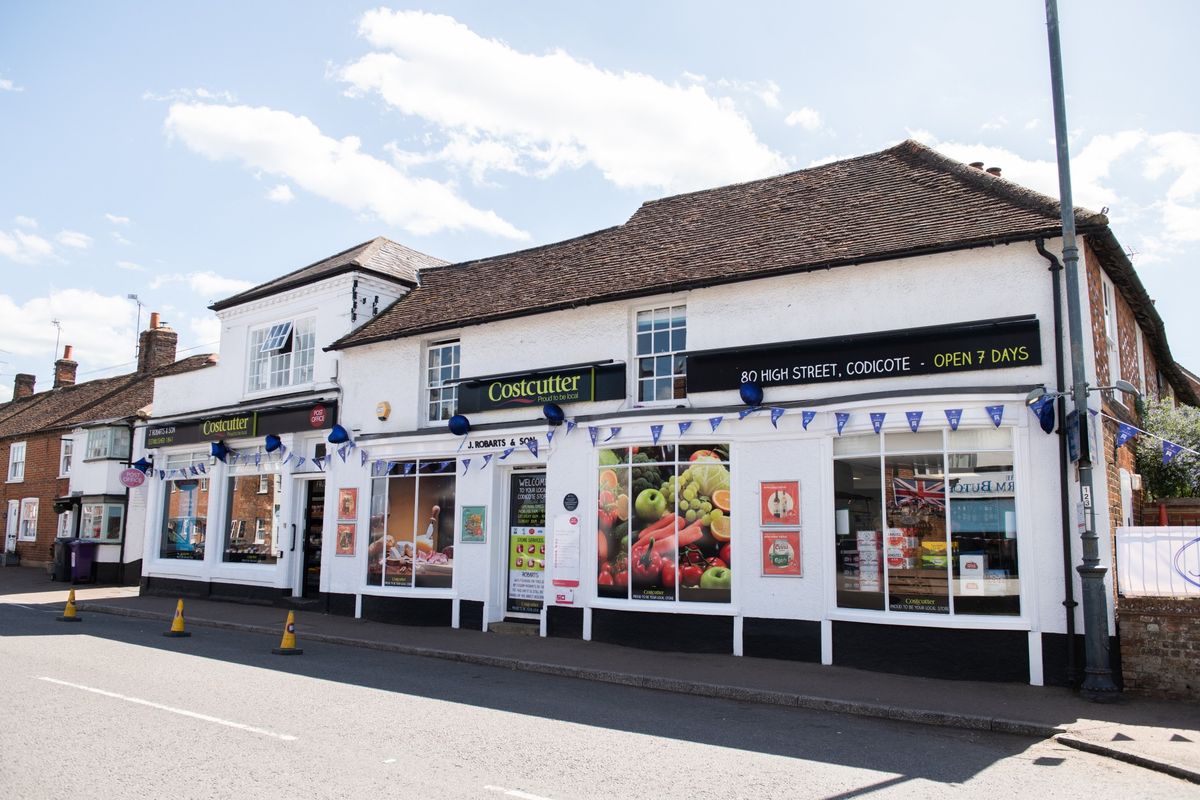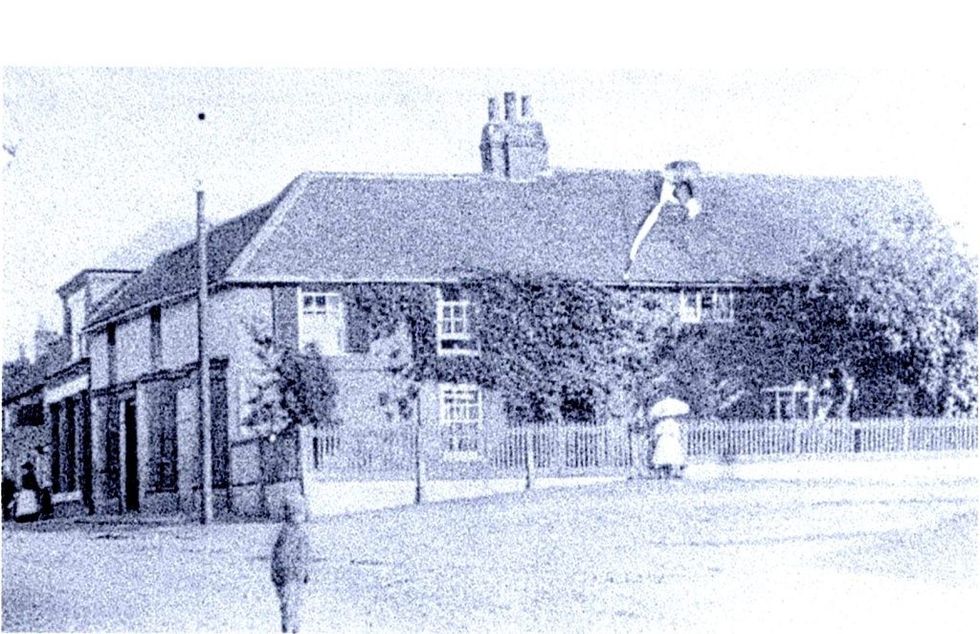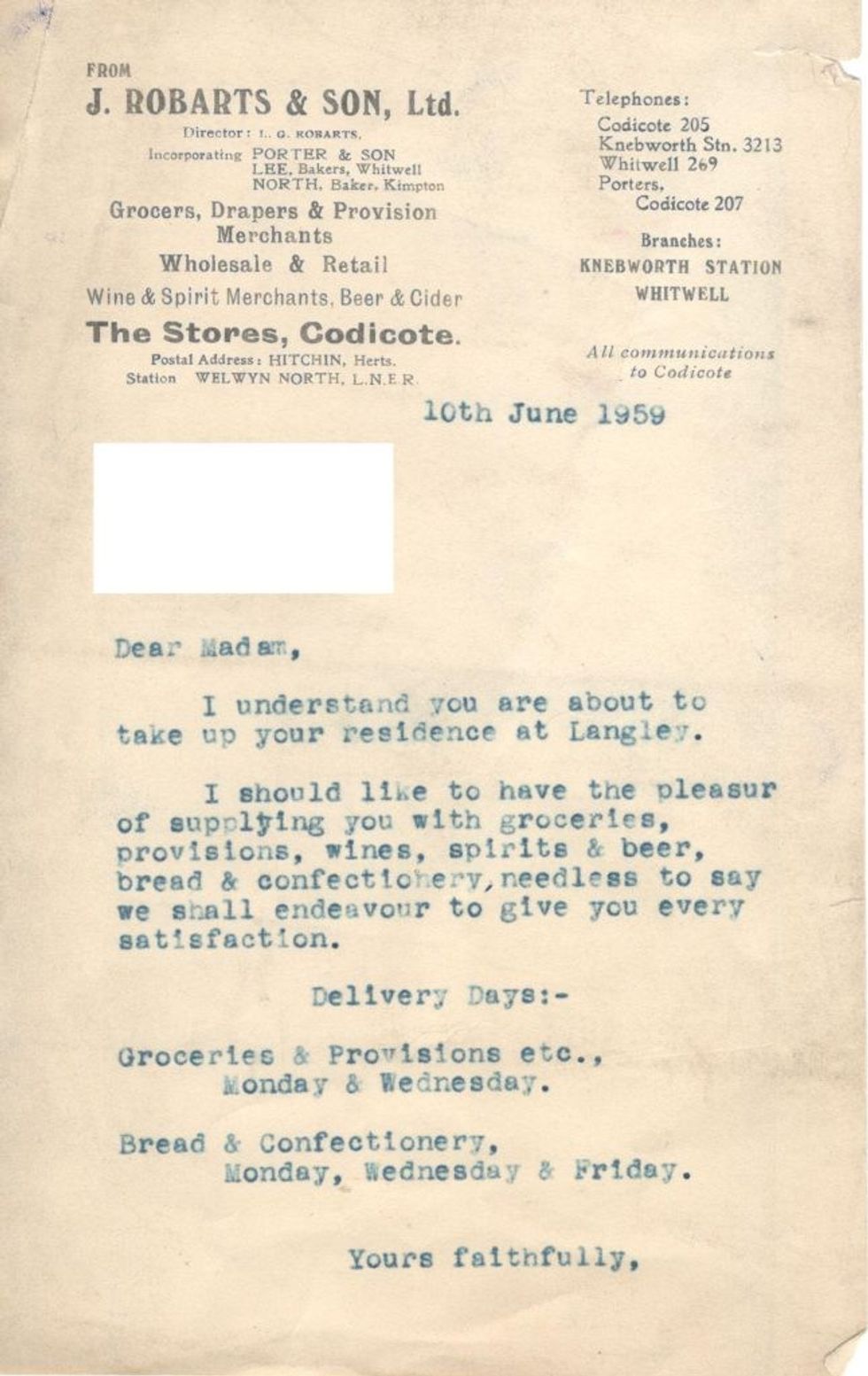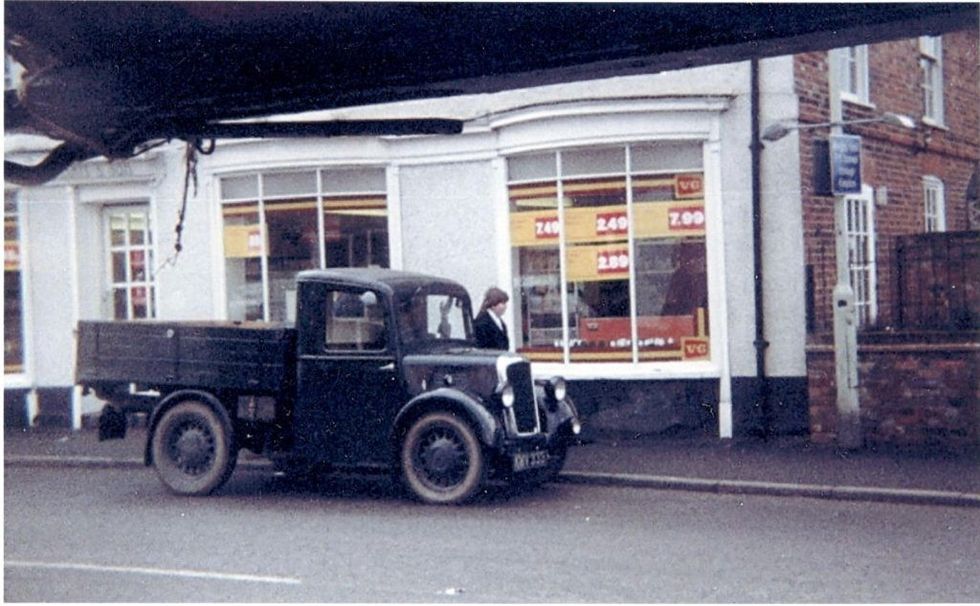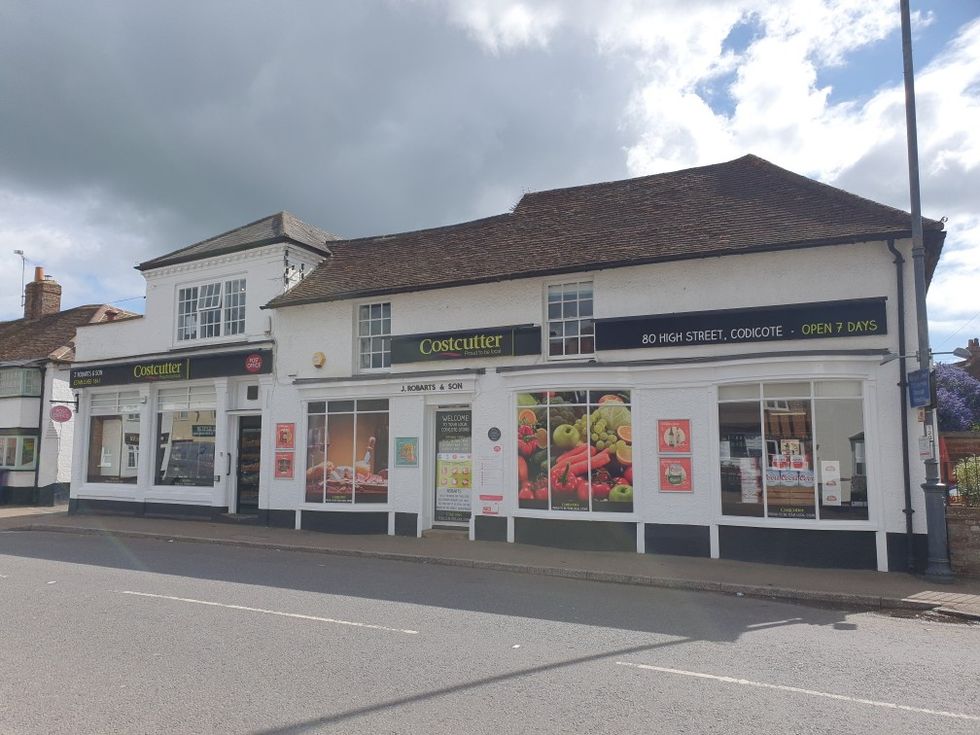There are almost 50,000 convenience stores across the UK, each with its own unique story. Retail experts often tend to put a question mark on the longevity and viability of corner stores touting “changing times and needs”. Yet, the local stores possess a distinctive edge that retail giants lack – an intimate understanding of the community's pulse and the flexibility to adapt swiftly.
A prime example of such resilience is a store nestled in a small town of Hitchin in North Hertfordshire.
Standing in the centre of Codicote’s High Street since almost 183 years, J Robarts and Son Costcutter boasts not only of a long legacy and glorious history but also a remarkable ability to ride the tides of change with each passing decade.
The shop was first opened by Joseph Robarts in 1841 and has been at the heart of the community ever since. Today, it is run by Josie Chamberlin, the fifth generation of the same family. Many of the team members have been working at the store for more than 30 years.
Talking to Asian Trader, Chamberlin shared some captivating anecdotes from the long history of the store, recalling times when deliveries were infrequent and monthly accounts were the norm.
“In the early first half of the 20th century Robarts were grocers, tea dealers, butchers and hardware and drapers store with branches in Knebworth, Welwyn and Breachwood Green.
“Large warehouses were owned and used for products purchased in bulk as there were not the frequent deliveries that we are accustomed to now. It was possible to purchase everything the village and its surrounding population needed at the time.
“Delivery vans would deliver to all the big houses and monthly accounts were held by almost all customers. Products were measured out using scoops or scales, butter and cheeses were cut, then wrapped in greaseproof paper.
“Tea was shipped from Ceylon, India and China and races were held to see who could get the new seasons tea to our wholesalers in London first,” Chamberlin revealed.
When her father took over from her grandfather in 1959, the store was still using “counter service but the future of convenience was to become self- service, one of the major changes that happened in retail”.
Considering the long history, it is apparent that the store must have seen some exceptionally difficult times as well.
Chamberlin revealed, “During both world wars rationing was in place. Reduced agricultural output forced up prices and encouraged hoarding. Governments responded by putting price controls on staple foods.
“Britain introduced rationing in London early in 1918 and extended it nationwide by the summer. In January 1940 rationing was introduced again with basic foodstuffs such as sugar, meat, fats, bacon, and cheese directly rationed by an allowance of coupons.
“Housewives had to register with particular retailers. Meat was the last item to be de-rationed and food rationing ended completely in 1954,” she told Asian Trader.
Another major change in retail was moving away from monthly accounts to payment at the time of purchase. This was a very difficult time with much resistance from customers, she said.
“The years of Covid-19 were also very tough in many ways but as a business some of our most successful years. The team spirit was evident to see and kept us all going. The team worked incredibly hard in very challenging, frightening, and uncertain times.
“Keeping the store well stocked, safe for our staff and customers was very difficult. It was mentally and physically hard for all involved,” she said.
Codicote has a population of 4000 and a further 600 houses are currently being built, which is expected to further extend the store’s customer base. Due to the presence of a primary school and two retirement complexes within a small proximity, the store caters to a wide customer base from toddlers to older and vulnerable residents with a mix of in-between of professional couples.
Over almost 183 years, the store has evolved multiple times, upholding its high standard and reputation. Most recently, the 1600sq ft. store celebrated its 181st year of trading with a new look and refit, with the tape being cut by 1980s pop star and a regular in the store Kim Wilde.
Chamberlin explained that the store now has a greater selection of fresh fruit and vegetables delivered daily. The delicatessen with its wide range of cheeses, hams, charcuterie and supply of local sausages and pies continues to attract wide recognition.
The store hosts a great selection of produce from local suppliers including free range eggs from JC Agriculture, a farming business run by other members of the Robarts family.
During the recent renovation, Chamberlin undertook a major transformation with a significant investment to give off-licence section a greater focus with dedication to improving the customer experience across this product range.
“Our extensive alcohol range includes over 250 wines. We host regular in-store wine tastings for our customers. Our investment in refrigeration means sparkling, white and rosé wine is now available to purchase chilled. New refrigeration has also enabled us to broaden our cider, lager and bitter range.
“Stunning back lighting was introduced behind the spirits, ports and sherry section which look great as it reflects through the bottles to create an eye-catching and wonderfully coloured display,” she said.
The store also now boasts of a bespoke tasting area was created by using a modular beer fixture which allows for tastings of beers, wines and spirits, along with suitably chosen paired food items from in-house deli with its wide range of cheeses, charcuterie, sausages and pies from a local supplier.
“We have invested time and money in our staff, investing in them to attend wine courses. As a result, the team has a broad knowledge of wines enabling them to talk confidently in offering products and choices to customers. Our customers often come in and ask for advice on wines with food pairing (sometimes as a gift on their way out – or for entertaining at home),” she said.
The store also has a Post Office Counter including banking facilities with all major banks and building societies.
“It is open outside normal banking hours, giving greater flexibility to customers who wish to collect parcels and use our bureau de change facility. With the closing of many local banks this will continue to be a draw to customers,” Chamberlin said.
Today, J Robarts and Son Costcutter store is not only just a corner shop but also a prominent community hub.
“The store actively fundraises for Macmillan Cancer Support. Over the years we have assisted the charity through regular events including wine tastings, coffee mornings, local quizzes, and in store collection boxes.
“The store was one of the main Sponsors of Macfest. Many of our staff got involved with fundraising events and activities. We sold tickets and displayed posters in-store, acting as the village information point for the event. As a result, the festival became a real talking point for customers. We received great support from Costcutter, which significantly added to our fundraising efforts,” she informed.
Chamberlin was also an active member of the local branch of Welwyn & Hatfield fundraising committee that helped in collecting over £50,000 towards the Lister Hospital Macmillan Cancer Centre in Stevenage.
Against all odds, J Robarts and Son Costcutter store has not just survived but thrived, becoming a living testament to endurance and evolution. As Chamberlin reflected on the store's success and resilience, she attributed it to strategic location, adaptability to market trends, and a commitment to customer needs.
Chamberlin said, “Our convenience store is perfectly located on the high street, next to the village green. We are at the centre of village activities and offer our loyal customers an amazing range of products from deli produce and hot food to an active post office counter.
Chamberlin strongly vouches on the store’s ability to change and adapt to current markets and trends in playing a crucial role to let it stand the test of time.
“We are constantly looking to improve our range and services for our customers. Customer feedback has helped us to shape the store and create a modern and responsible store with a greater focus on our customers’ requirements,” she said, determined to continue trading on this site for many more decades to come.

